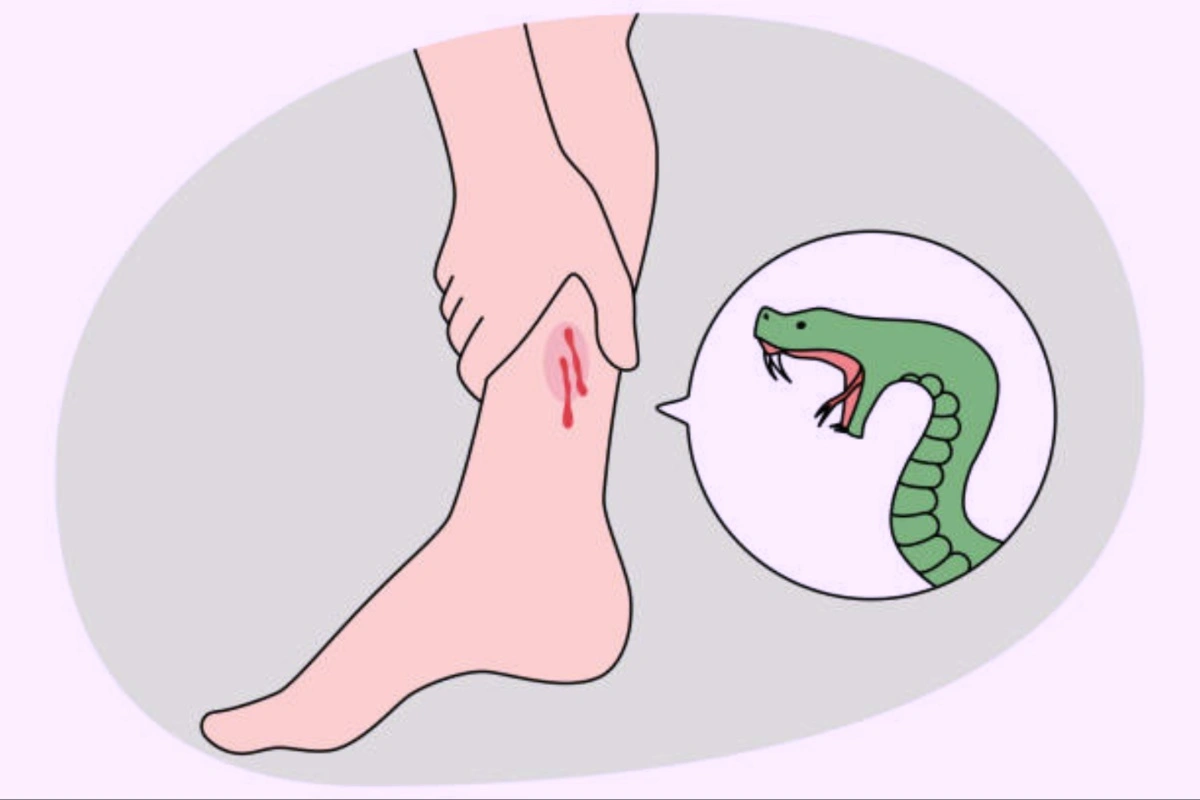Snake bites can happen when you least expect them, especially in rural areas or during the monsoon season. One wrong move can make things worse, so knowing the right steps is crucial. AIIMS neurologist Dr Priyanka Sehrawat has shared important guidance in her recent video, explaining how to respond safely after a snake bite and what common mistakes to avoid.
Dr Sehrawat begins by highlighting the risks of snake bites and how common they are in certain regions. She points out that rural areas and rainy months see higher incidents, and people often panic when confronted with a bite. Awareness about snake behaviour and timely action can make a big difference in survival.
Immediate First Steps After A Snake Bite
According to Dr Sehrawat, staying calm is the first and most important step. Panicking can increase heart rate and spread venom faster. She advises keeping the bitten limb immobilised and lowered, if possible, to slow down the venom’s movement.
Common Mistakes To Avoid
Many people still follow old myths that can be dangerous. Dr Sehrawat warns against cutting the wound, sucking out the venom, or applying a tourniquet. These actions can worsen the situation and even increase the risk of complications. Removing rings, watches, or tight clothing near the bite is also recommended to prevent swelling and further injury.
Medical Attention Is Crucial
Reaching a hospital quickly is vital. Dr Sehrawat explains that antivenom treatment and advanced care at a medical facility are the safest ways to manage a snake bite. Delay in seeking professional help can be life-threatening.
Preventive Measures
Besides first aid, Dr Sehrawat emphasises prevention. Avoiding risky areas during high-alert seasons, wearing protective clothing, and staying alert while walking in rural or snake-prone regions can reduce the chances of a bite.
Step-by-Step Guidance To Handle Snake Bite
1. Stay calm and do not run.
2. Immobilise the bitten area and keep it at or below heart level.
3. Avoid home remedies like cutting, sucking venom, or applying ice.
4. Remove any tight items near the bite.
5. Seek urgent hospital care for antivenom treatment.
